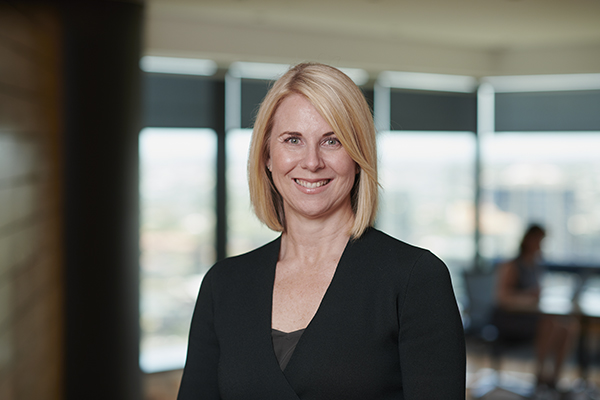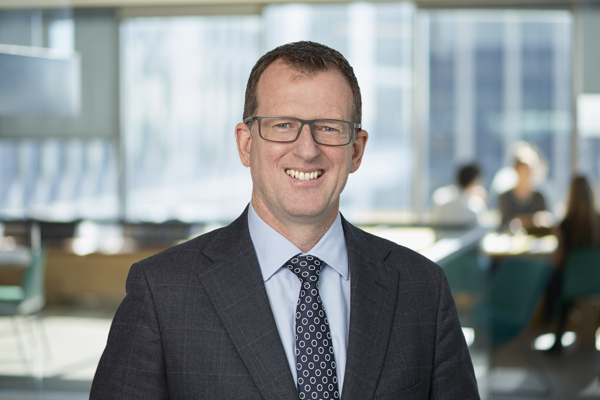Day 1 – Monday 8 July
The Royal Commission began its Darwin hearings on Monday, with Counsel Assisting opening proceedings and outlining a summary of the witnesses who would appear through the course of the week, giving evidence relating to various concepts of safety and quality of care and life. The first witness, Dr Meredith Hansen-Knarhoi, GP at Danila Dilba Health Service, gave evidence with Mildred Numamurdirdi who spoke of her experience in aged care. Witnesses three and four, Sarah Brown, CEO of Western Desert Nganampa Walytja Palyantjaku Tjutaku Aboriginal Corporation and Kim McRae, Team Manager, Ngaanyatjarra Pitantjatjara Yankunytjatjara (NPY) Women’s Council, gave evidence around the challenges of assisting elderly Aboriginal and Torres Strait Islander people in rural and remote Australia. Witnesses five, six, seven and eight, Donna Ah Chee, Chief Executive Officer, Central Australian Aboriginal Congress, Dr John Boffa, Chief Medical Officer Central Australian Aboriginal Congress, Olga Havnen, CEO, Danila Dilba Health Service and Dr Sarah Giles, GP Dilba Health Service appeared as a panel. The final witness for the day was Michelle McKay, Chief Operating Officer, Top End Health Service.
Day 2 – Tuesday 9 July
Day two of the Darwin hearings began with a case study into the care provided to Shirley Fowler at IRT William Beach Gardens Aged Care Facility (William Beach Gardens). Lyndall Fowler, daughter of Shirley Fowler, spoke of the care her mother received at William Beach Gardens, and the lack of attention to her mother’s pressure wounds and dietary requirements. The manager of William Beach Gardens, Kristy Taylor, then responded to Ms Fowler’s evidence and outlined the approach taken by William Beach Gardens in caring for Shirley Fowler, acknowledging that William Beach Gardens had failed Shirley Fowler in certain aspects. William Beach Gardens’ Business Manager, Nia Briguglio was the third and final witness for the day and detailed the operations of the kitchen in meal preparation and explained the funding arrangements for the physiotherapy services provided by William Beach Gardens.
Day 3 – Wednesday 10 July
The third day of the Darwin hearings opened with another case study that examined the care provided to Annunziata Santoro (Mrs Santoro) at Assisi Centre Aged Care (Assisi). Anna Ng, gave direct evidence about the care her mother received as a resident at Assisi, including the discovery of maggots in her mother’s heel wound. Dr Eric Tay, Mrs Santoro’s General Practitioner, gave evidence, admitting that there were at times, breakdowns in communication between Assisi and himself, and that his record keeping was not always adequate in relation to Mrs Santoro’s treatment at Assisi. The third witness, Interim CEO of Assisi, Paul Cohen, noted that he was not employed at Assisi during Mrs Santoro’s stay, however expressed his disappointment in the care provided. He added that at a governance level, the Board had investigated the matter and acted to remove the former CEO, as well as look systematically at how to improve care provision at Assisi. The final witness, Don Smarrelli, Chair of Assisi, expressed his devastation with the incident concerning Mrs Santoro and acknowledged that Assisi had lacked clinical governance expertise on their Board as well as conceding that their reporting channels were inadequate.
Day 4 – Thursday 11 July
The fourth day of the Darwin hearings began with Lisa Backhouse providing evidence about her mother’s experience in two different aged care facilities. The first facility failed to adequately manage her mother’s pain and incontinence while her mother was physically assaulted on at least two occasions after moving to a second care facility. Associate Professor Peter Gonski, Geriatrician, was the second witness, giving evidence about services provided by the Geriatric Flying Squad. Professor Johanna Westbrook then gave evidence about the use of information technology in the aged care sector and how increased adoption of IT processes would significantly reduce medication and other errors within existing health management systems. Witnesses four and five, Associate Professor Michael Murray, President of the Continence Foundation of Australia, and Dr Joan Ostaszkiewicz, Deakin University, gave evidence together regarding incontinence management. Catherin Sharp, Registered Nurse was the sixth witness, who spoke of her experience with pressure would care, before the seventh witness, Sally Hopkins, Executive Director of Eden in Oz & NZ, outlined the purpose and philosophy of her organisation which provides accreditation for home care providers and residential aged care facilities. The final witnesses, Hayley Ryan, Board Director of Wounds Australia, and Geoff Sussman, Chairman of Wounds Australia, discussed effective wound management practices in residential aged care facilities.
Day 5 – Friday 12 July
The final day of the Darwin hearings opened with Jo-Ann Lovegrove giving direct evidence about her father, who suffers from Alzheimer's disease, and her experience dealing with staff at the aged care facility where he resided. The second witness, Dr Janet Slugget of Monash University, then spoke to the quality and safety of medicine used in aged care and explained that non-pharmacological techniques to manage the behavioural/psychological symptoms of dementia are particularly important during the first few months of a person entering residential aged care. The third witness, Catherine Maloney, Acting CEO of Services for Australian Rural and Remote Allied Health, discussed the importance of allied health assistants in increasing access to healthcare services. The final witnesses, Anna Morgan, Independent Non-Member Director for Larrakia National Aboriginal Corporation; Michelle McCall, Aged and Disability Program Manager for Larrakia National Aboriginal Corporation; and Sharai Johnson, Aged Care Co-Ordinator for Larrakia Nation Aboriginal Corporation gave evidence as a panel. The group outlined their experience working for a support service that assists clients to stay independent in their homes for as long as possible, and assisting them in returning to the land and carrying out land management activities
The Royal Commission resumed in Cairns on 15 July 2019 and will continue to examine various aspects of care in residential, home and flexible aged care programs, rural and regional services delivery of aged care and the quality of life for people receiving aged care.







